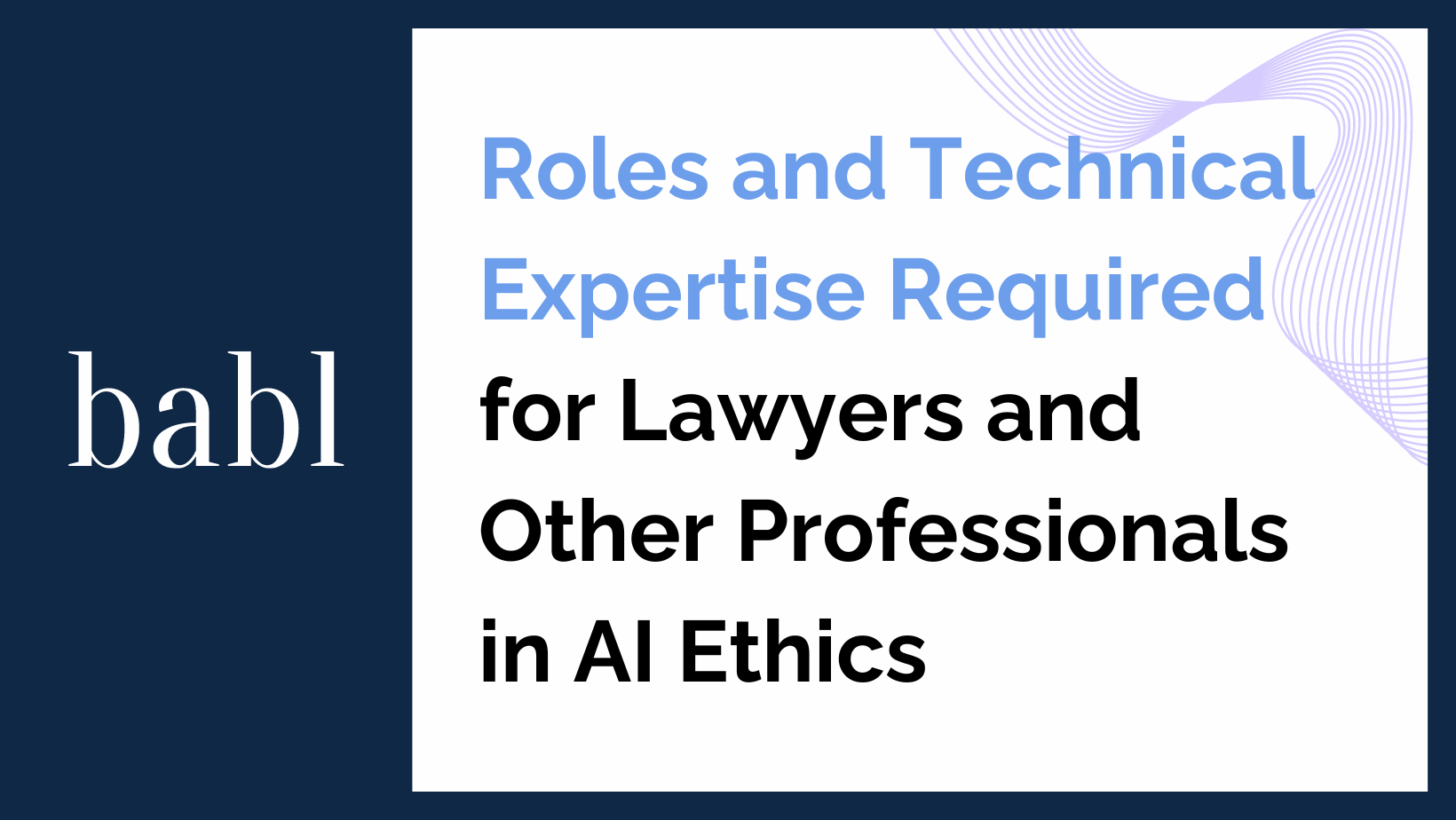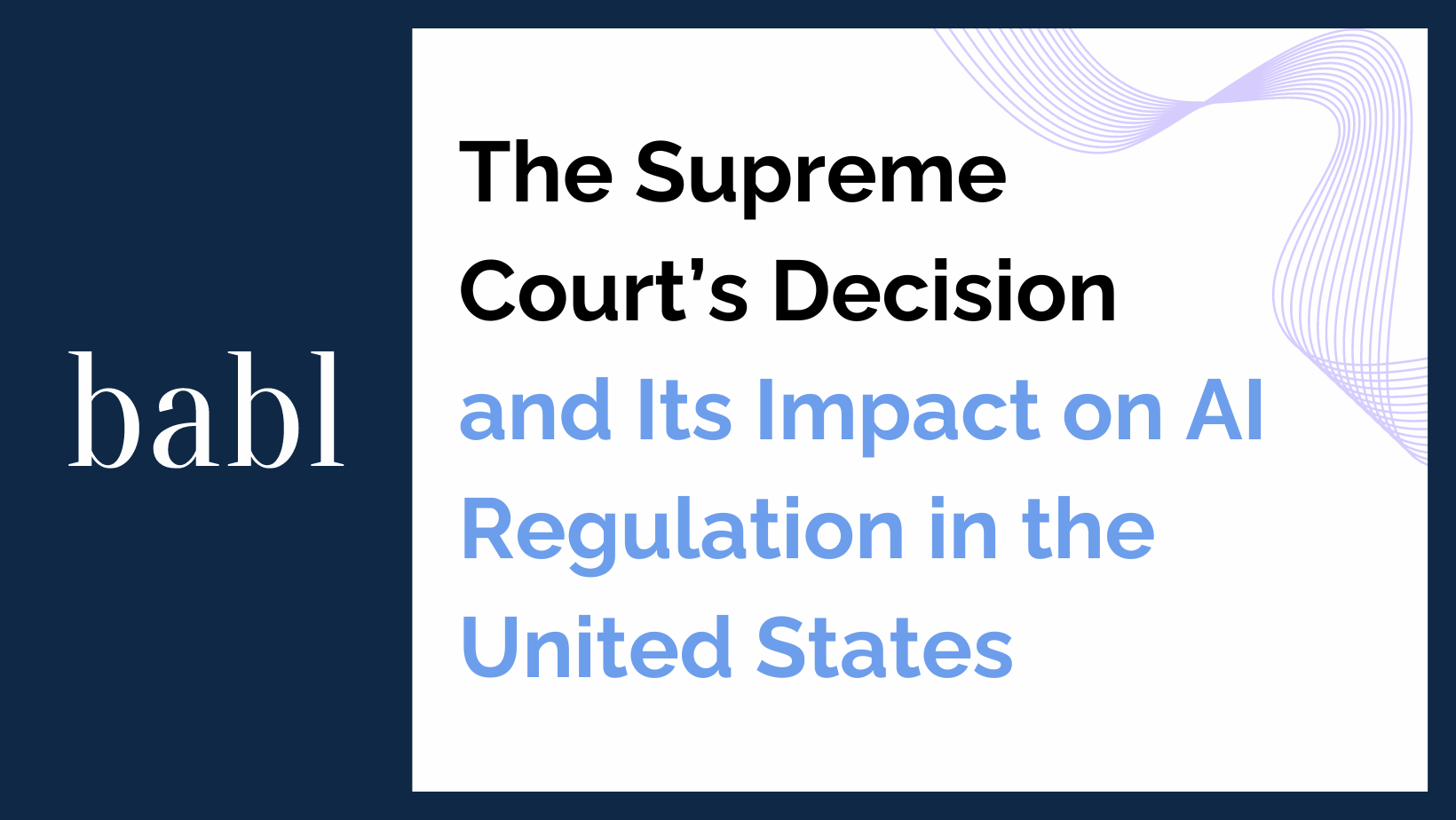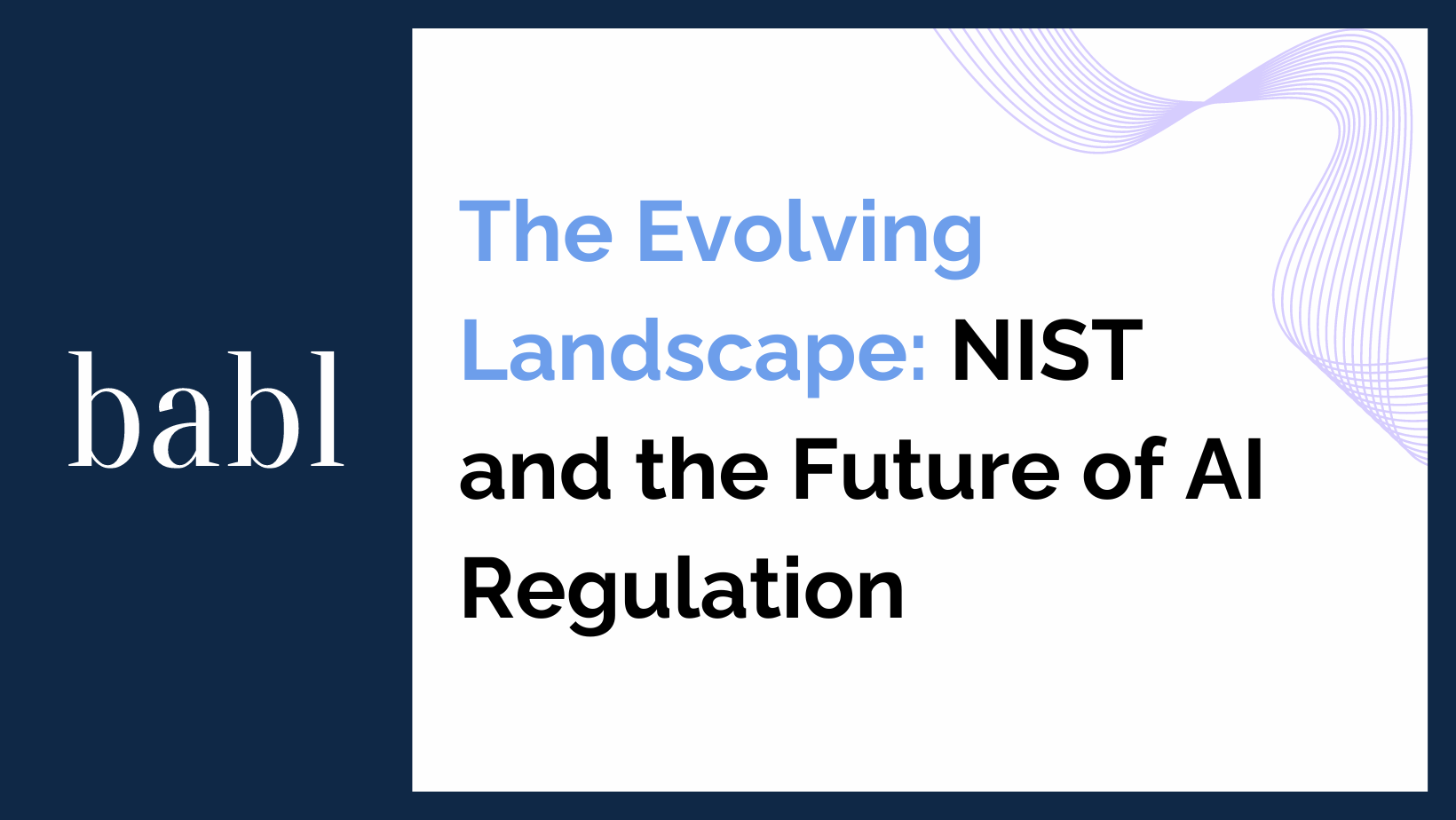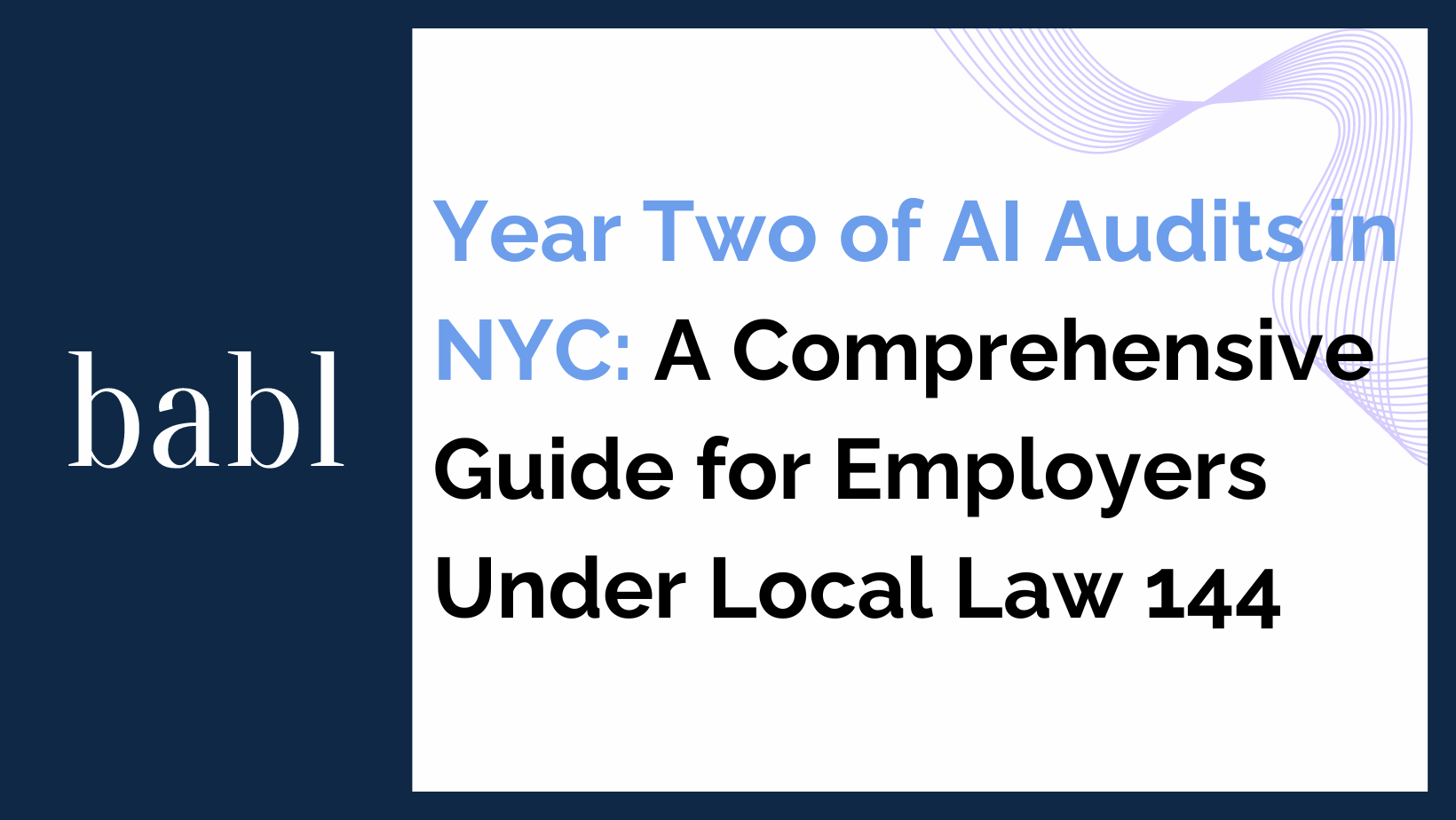As AI technologies continue to shape various industries, the intersection of AI and ethics has become a critical area of focus. Professionals, including lawyers, user experience researchers, librarians, and others, play essential roles in ensuring the ethical development, deployment, and governance of AI systems. Lawyers, in particular, are highlighted as key players in the AI ethics landscape due to their expertise in risk management and legal compliance. One of the primary activities emphasized in the text is the identification and management of risks associated with AI technologies. Lawyers are well-equipped to assess legal implications, navigate regulatory frameworks, and advise organizations on ethical considerations related to AI. Their role in conducting legal reviews, drafting policies, and ensuring compliance with data protection laws is crucial for promoting ethical AI practices within organizations.
Moreover, the text underscores the importance of technical expertise for lawyers operating in the AI ethics space. While legal knowledge is essential, understanding the technical aspects of AI, such as machine learning algorithms, data processing methods, and AI applications, is increasingly valuable. Lawyers with technical proficiency can effectively communicate with data scientists, engineers, and AI developers to address legal and ethical challenges in AI projects. By bridging the gap between legal and technical domains, lawyers can provide comprehensive guidance on the ethical implications of AI technologies.
In addition to lawyers, other professionals such as user experience researchers and librarians are also identified as valuable contributors to AI ethics initiatives. User experience researchers play a critical role in assessing how individuals interact with AI systems, identifying usability issues, and ensuring that AI interfaces promote transparency and user trust. Their expertise in human-centered design and usability testing is essential for enhancing the ethical dimensions of AI applications and fostering positive user experiences.
Librarians, on the other hand, bring unique skills in information management and data governance to the AI ethics space. As custodians of knowledge and information resources, librarians can contribute to ethical AI practices by promoting data transparency, privacy protection, and responsible data stewardship. Their expertise in organizing, categorizing, and preserving data assets can support organizations in maintaining ethical standards in AI projects and ensuring compliance with data governance principles.
Overall, there are a variety of diverse roles and technical expertise required for professionals in the AI ethics space. Lawyers, user experience researchers, librarians, and other professionals play complementary roles in addressing ethical challenges, promoting transparency, and safeguarding user rights in the development and deployment of AI technologies. By leveraging their respective skills and expertise, these professionals can collaborate effectively to advance ethical AI practices, uphold legal standards, and foster trust in the responsible use of AI systems.
If you’re seeking clarity on the variety of diverse roles needed in AI ethics, BABL AI‘s team of audit experts is ready to provide assistance. They are ready to answer your questions and concerns while providing valuable insights.





